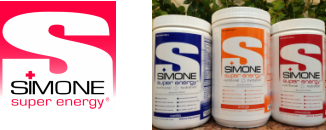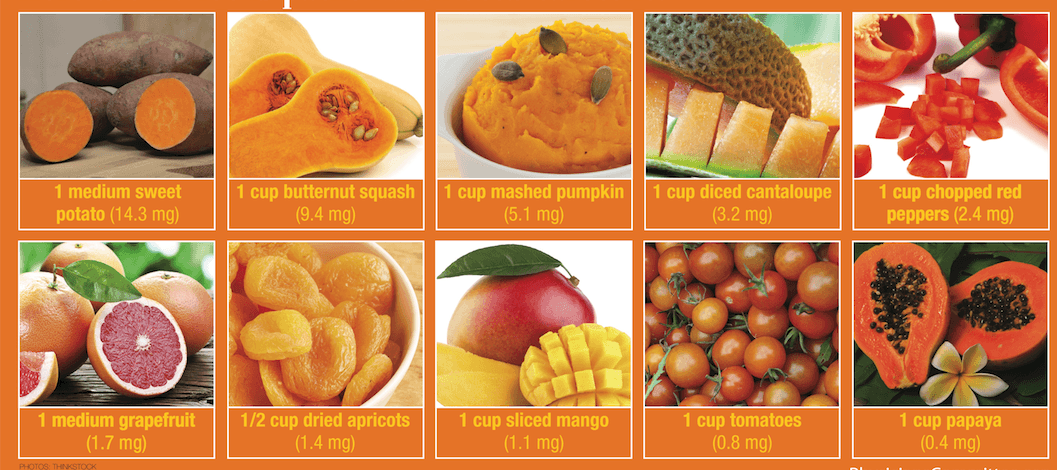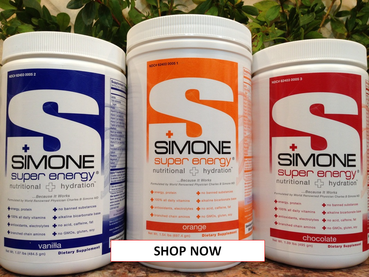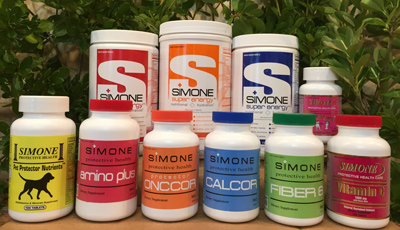We do not diagnose disease or recommend a dietary supplement for the treatment of disease. You should share this information with your physician who can determine what nutrition, disease and injury treatment regimen is best for you. You can search this site or the web for topics of interest that I may have written (use Dr Simone and topic).
“We provide truthful information without emotion or influence from the medical establishment, pharmaceutical industry, national organizations, special interest groups or government agencies.” Charles B Simone, M.MS., M.D.
CAROTENE ANTIOXIDANT
Lawrenceville, NJ (Dr Charles Simone) – Beta-carotene is an extremely important antioxidant to take every day in the proper dose. The following information is taken with permission from Cancer and Nutrition, A Ten Point Plan for Prevention and Cancer Life Extension
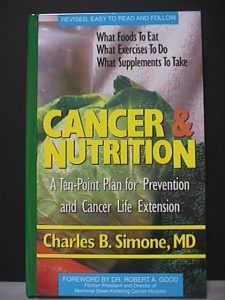
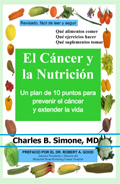
-
Most potent antioxidant of free radicals and singlet oxygen.
-
Cancer and Cardiovascular Disease risk – reduced.
-
Immune System – enhanced.
-
Cataracts and other eye disease risk – reduced.
-
Toxicity: None in any amount.
Several leading governmental agencies recommend diets rich in beta-carotene because studies show that people with diets rich in carotene have a low risk for cancer. Analyzing these diets gives a person 5 to 6 mg of carotene a day. But the US Department of Agriculture Food Intake Survey shows that, on average, the foods Americans eat provide only 1.5 mg of carotene a day. The US National Cancer Institute, National Institutes of Health, has sponsored multiple prevention trials using carotene and other antioxidants as cancer inhibitors in people with cancer. Studies use from 20 to 50 mg of carotene per day. You could eat foods rich in carotene like carrots, pumpkins, sweet potatoes, apricots, peaches, cantaloupes, papayas, spinach, kale, and Swiss chard. But so many of us are not consistent about preparing and eating these foods (unprocessed) on a daily basis and/or these foods have less carotene concentration compared to 1975.
According to another US government study published by the USDA in 2005, the US food supply has from 14% to 400% less concentration of nutrients compared to 1975. So as hard as you try to eat a variety of healthy foods, you just can’t get enough nutrients and therefore need to rely on vitamin supplements.
Dr Simone Recommendation: 30-40 mg beta-carotene per day.
(c) 2019 Charles B. Simone, M.MS., M.D.
